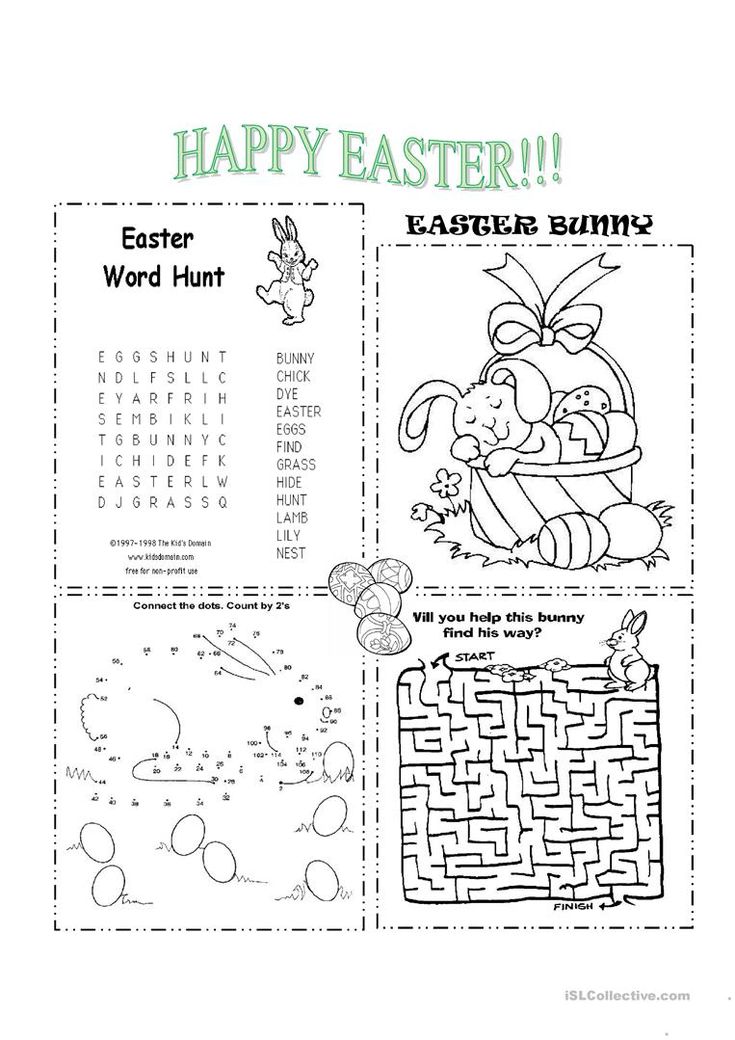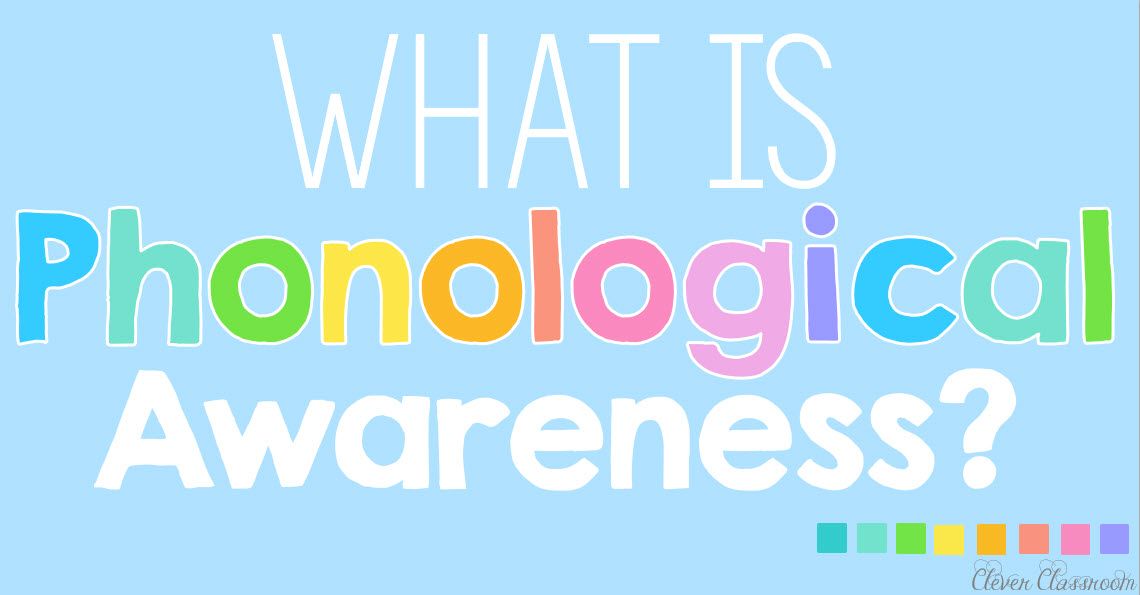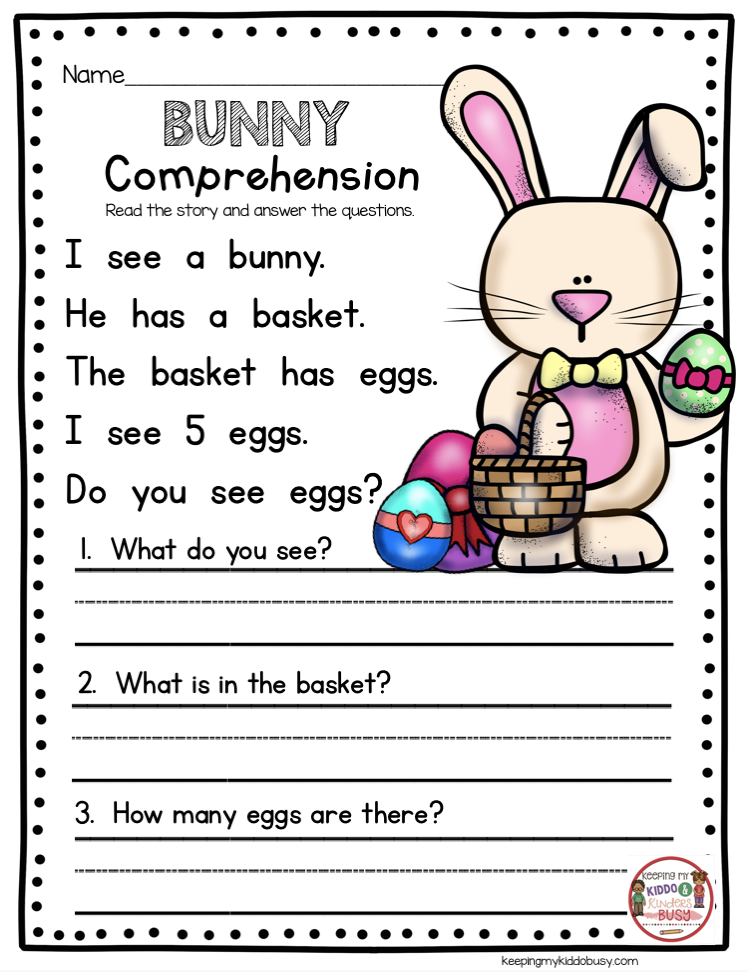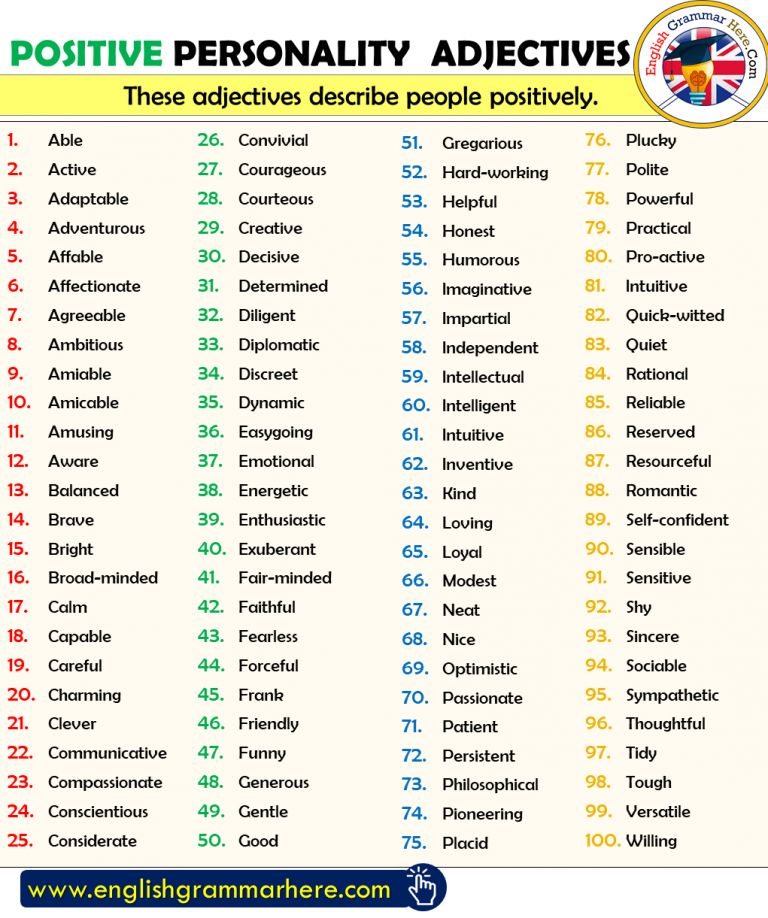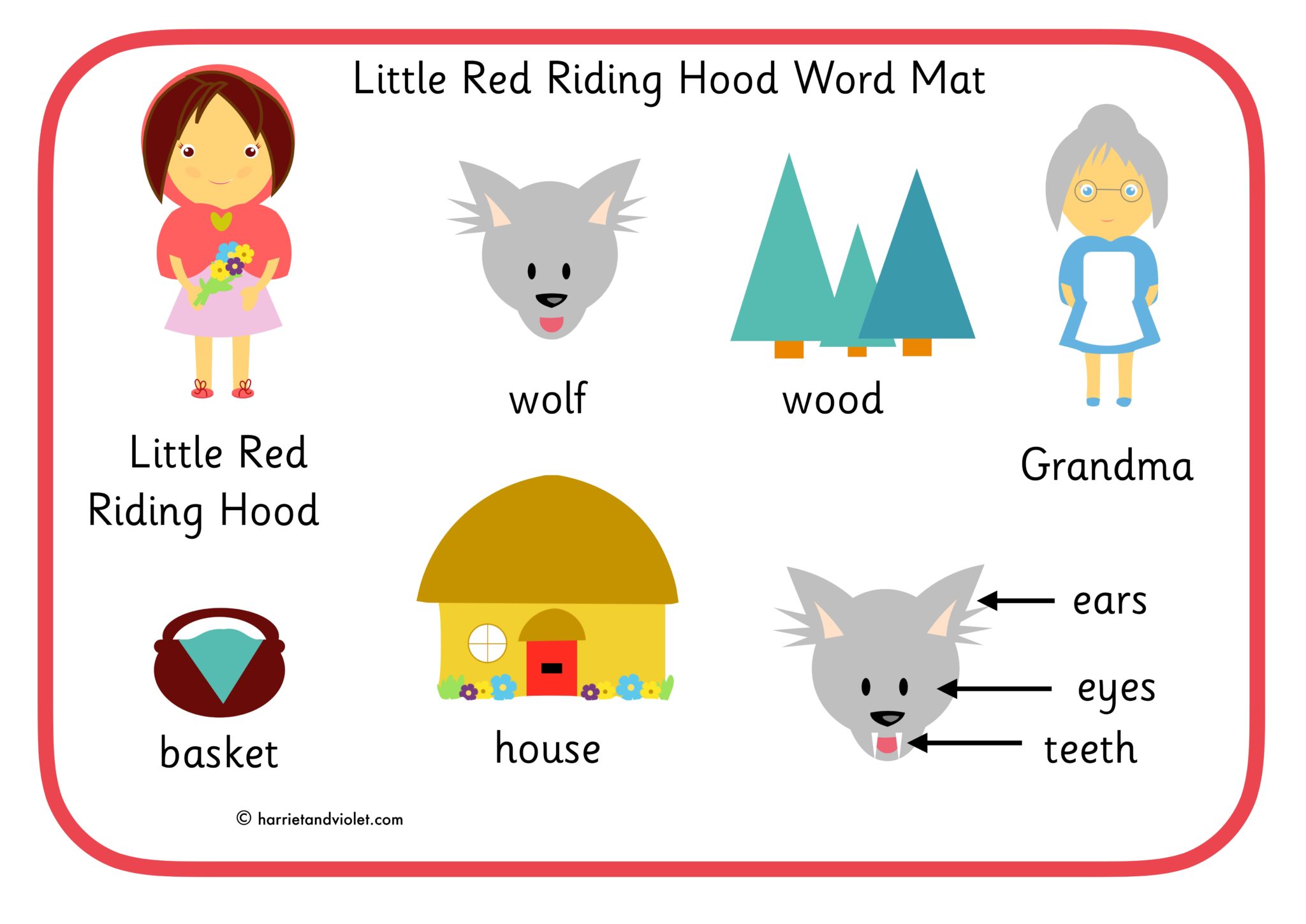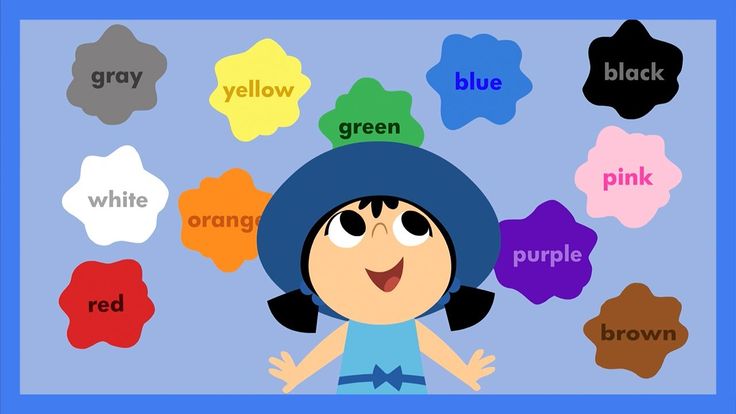Importance of emergent literacy
ABC’s of Early Literacy: The importance of developing early literacy skills
Carrie Shrier, Michigan State University Extension -
Emergent literacy, or reading readiness, skills begin to develop very early in life. These critical school-readiness skills go beyond knowing the ABC’s. Learn more about how to support your children’s reading readiness and school success!
There are many activities parents and child care providers can do to support children's emergent literacy skills. Photo credit: Pixabay.Did you know that preschoolers whose parents read to them, tell them stories and sing songs with them tend to develop larger vocabularies, become better readers and preform better in school? Did you know that reading proficiently by the end of the third grade is considered a “make it or break it” benchmark? Or that 83 percent of children who are not reading on grade level by the beginning of fourth grade are at risk of failing to graduate from high school on time? In order to be sure that your child is reading on grade level, it’s important to support their emergent literacy development.
Emergent literacy skills are critical “getting ready to read” skills that children need to develop before the can learn to read.
These early literacy skills begin early on as young children learn to use verbal and nonverbal communication patterns, including speech and sign language, to express themselves. Parents and other primary caregivers often understand these early attempts at communication best. Along with language development, children are building their vocabulary. They learn new vocabulary in many ways, including through reading books and talking with adults in their environment. Studies have shown that the larger a child’s vocabulary, the quicker they will learn to read, as they are familiar with more of the words they will encounter.
Experimental writing is another critical early literacy skill. Children’s first efforts at writing typically resemble scribbling, but children usually know what they have “written” if you ask them! Often, the first legible marks are letters in the child’s name. When children do not have access to writing materials, they may enter Kindergarten not even knowing how to hold pencils or crayons!
When children do not have access to writing materials, they may enter Kindergarten not even knowing how to hold pencils or crayons!
As children begin to understand that print on the page stands for something, they are developing what is known as print awareness. When children begin to develop this skill, they may hold a book correctly, even though it is upside down and backwards, for instance. As these skills progress, they will know where a story begins and ends, and learn that text is read from left to right.
Two additional emergent literacy skills that are important for children to learn to read are the concepts of letter knowledge and alphabetical principle. Letter knowledge is knowing the letters of the alphabet and recognizing them in print. Alphabetical principle is the concept of associating letters with sounds and sounds with words, knowing for instance that “B” makes the “buh" sound. These skills are critical for children to be able to learn to decipher the text on the page.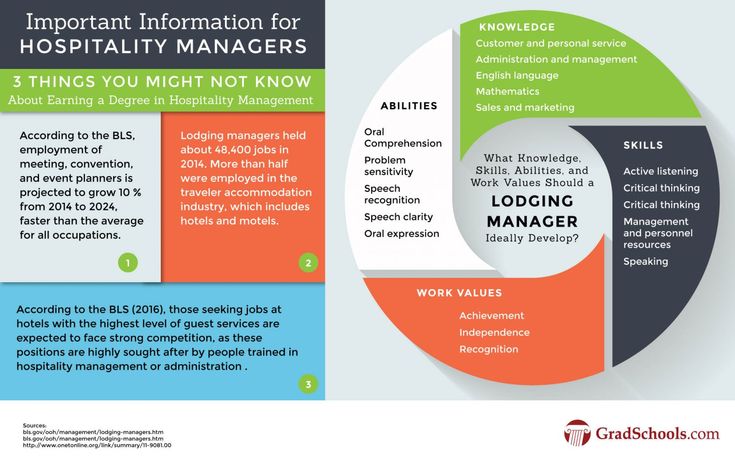 Children will often begin to notice letters that are familiar to them first, such as the letters in their name, or other letters they frequently see around them such as the S on stop signs.
Children will often begin to notice letters that are familiar to them first, such as the letters in their name, or other letters they frequently see around them such as the S on stop signs.
There are many activities parents and child care providers can do to support children’s emergent literacy skills. Talking with children, reading to them, signing, playing games, saying nursery rhymes, playing word games, having access to writing materials and books, and taking them to the library will support their literacy. Michigan State University Extension recommends engaging in 30 minutes a day of literacy activities with your child.
Learn more about how you can support your children’s continued academic success, find articles on a wide variety of topics and learn about informational programs offered both online and in a community near you at MSU Extension.
This article was published by Michigan State University Extension.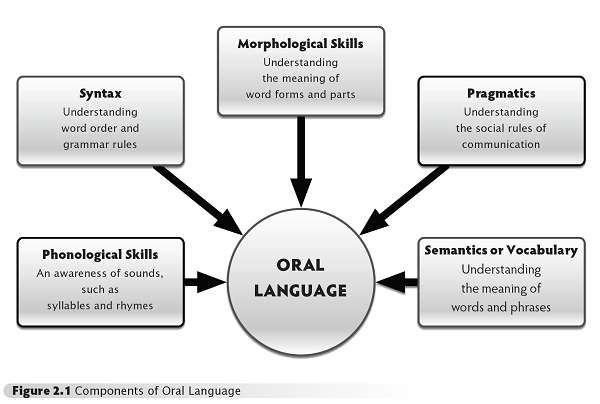 For more information, visit https://extension.msu.edu. To have a digest of information delivered straight to your email inbox, visit https://extension.msu.edu/newsletters. To contact an expert in your area, visit https://extension.msu.edu/experts, or call 888-MSUE4MI (888-678-3464).
For more information, visit https://extension.msu.edu. To have a digest of information delivered straight to your email inbox, visit https://extension.msu.edu/newsletters. To contact an expert in your area, visit https://extension.msu.edu/experts, or call 888-MSUE4MI (888-678-3464).
Did you find this article useful?
What It Is And Why It’s Important
What Is Emergent Literacy?
Emergent literacy is the stage during which children learn the crucial skills that lead to writing and reading.
Literacy builds on the foundations of language to include the advanced ways in which we use language to communicate — primarily through reading, writing, listening, watching, and speaking with one another.
Components Of Emergent Literacy
Emergent literacy is made up of several different parts. Your child will encounter these essential components as they begin to explore reading. They include:
- An interest and enjoyment in print — handling books and relating them to their stories or information.
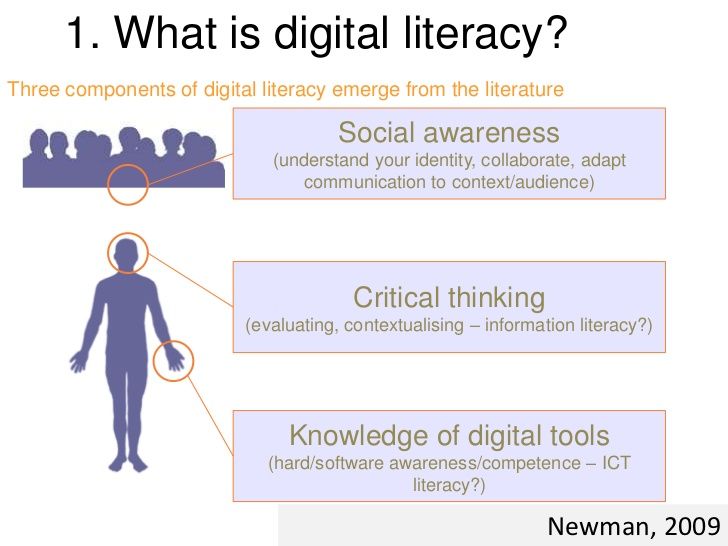
- Print awareness: how to handle a book, reading from left to right. Your child recognizes pictures and some symbols, signs, or words.
- An interest in telling and listening to stories. They attend to, repeat, and use some rhymes, phrases, or refrains from stories or songs.
- They make marks and use them to represent objects or actions. An understanding that words are made up of letters, recognizing letters when they see them.
- Your child comprehends meaning from pictures and stories.
And the list goes on! Really, emergent literacy components help your child understand the basic tools they’ll need to read all sorts of books and other materials in the future.
Why Is Emergent Literacy Important?
Almost every skill we learn in life requires some preliminary learning in order to finally achieve mastery. For example, you probably didn’t wake up one day knowing how to make pancakes (although if you did, we would love to learn your secrets!).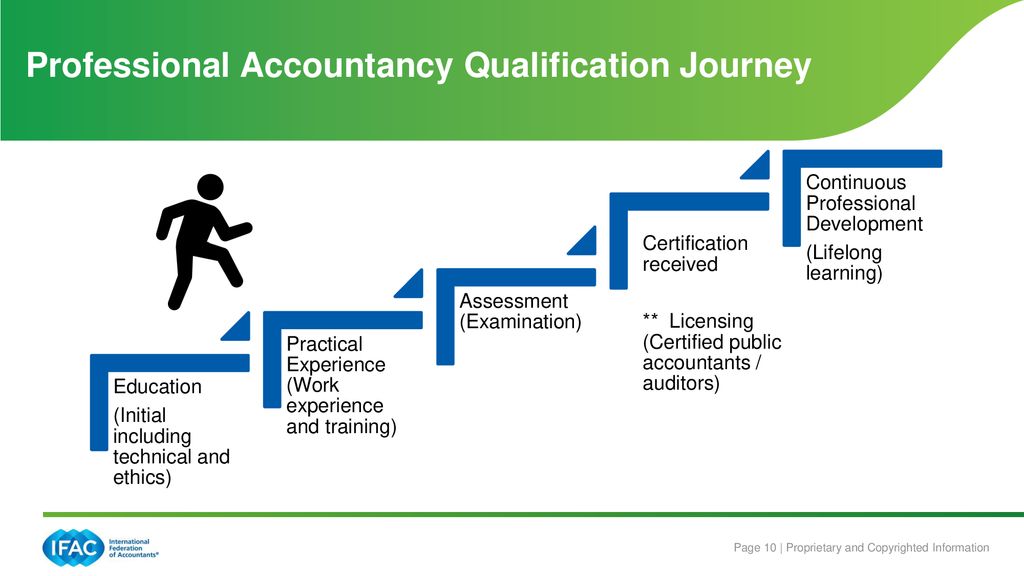
Instead, you first had to learn what ingredients you needed, how much to measure each item, how long to cook the batter, and so on.
Reading and writing require these same preparatory steps, also known as emergent literacy.
Emergent literacy preps your child’s brain with the skills they’ll need to learn how to read. And while this may sound complex, many emergent literacy skills develop naturally!
When your child points at something and you follow their direction or when you call their attention to noises, objects, or people in their surroundings by speaking to them, you’re helping your child develop emergent literacy skills.
You’re helping them acquire the same tools they’ll incorporate into their future learning, from reading their very first storybook to writing a master’s thesis.
Supporting Your Child’s Emergent Literacy Skills
Here are some fun and easy ways you can stimulate your child’s emergent literacy skills at home.
Read Aloud
Reading aloud is the most effective way for a child to learn to love books and the power of stories.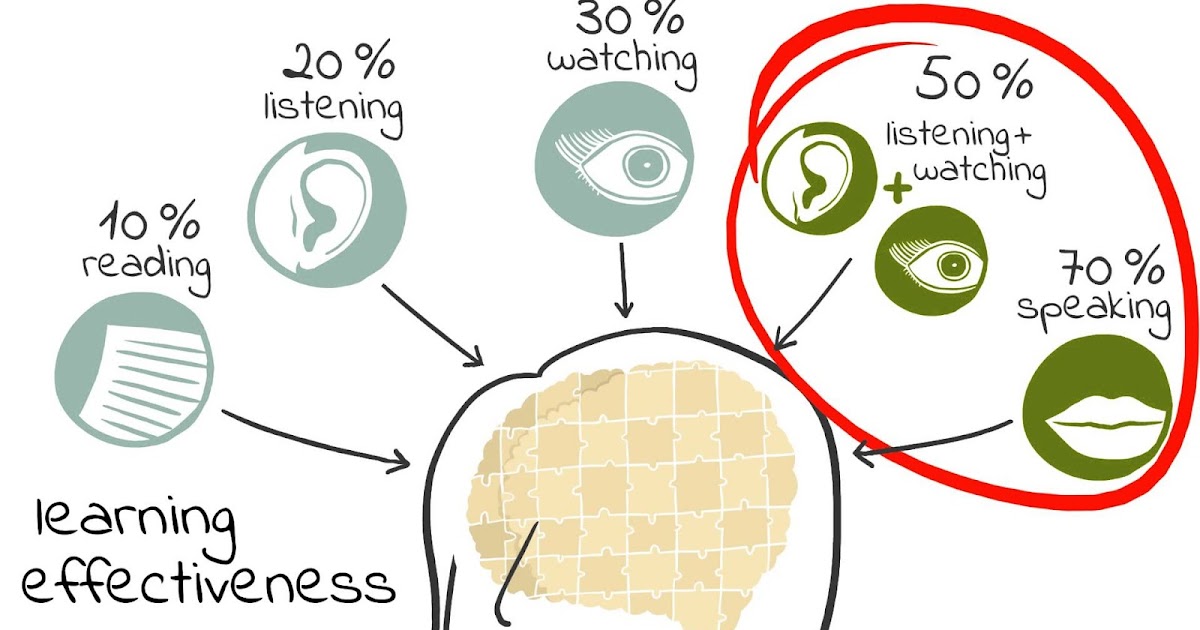 Loving to read begins with loving to listen to stories!
Loving to read begins with loving to listen to stories!
Our team at HOMER believes that investing in read-aloud sessions with your child substantially improves many of the skills they need on their lifelong reading journey.
For emergent readers, there are few things more wonderful (or effective) than sitting down with mom or dad and uncovering the worlds that live between the covers of a book.
With you as their guide, your child will grow more confident and reassured as they gradually learn about the things they love (like how many different types of dogs exist or how the sky makes rainbows).
Reading aloud to your child also helps strengthen their imagination and build their curiosity. While listening to you recount the wonderful world inside of a story, your child’s mind will be actively running through images, scenarios, and all the colorful possibilities that lie beyond the page.
Reading aloud is one of the easiest, most rewarding ways for you to bond with your child while helping them learn. Consider that by reading aloud to them and encouraging their participation, you are empowering them as learners.
Consider that by reading aloud to them and encouraging their participation, you are empowering them as learners.
Additionally, you will reap the benefits of understanding their interests more deeply, engaging with their budding imagination, and instilling confidence in their learning process.
Let Your Child Take Charge
As your child grows, their sense of independence and autonomy continues to develop. While we know these early years are precious, we also know you’re hopeful your child will grow into a strong, independent learner who reads well and frequently.
Allowing your child to assert their unique personality and independence every now and then can be beneficial in engaging their emergent literacy skills.
These moments may seem small at first, but even the simplest freedoms in your child’s routine can have huge impacts on their individualism! It’s all about allowing your child to exert a certain amount of control over their reading time.
For example, instead of you turning the pages during your reading time together, allow your child to dictate when the pages should be turned. This may take some getting used to for them as they learn the pace of reading aloud in conjunction with the words they see printed.
This may take some getting used to for them as they learn the pace of reading aloud in conjunction with the words they see printed.
You can also let them experiment with narrating! Even if your child cannot read yet (we know they’re called emergent readers for a reason!), allowing them to use their toddler-talk through the story shows them that they will read one day not far away.
Finally, letting your child pick out the book you’ll read together is a great way to engage their sense of independence. It gives them something to look forward to while reading with you and also gives you insight into their interests.
If you find your child keeps reaching for the same book multiple times, don’t worry — rereading is highly beneficial, too!
Take Your Time
Don’t be afraid to slow it down for your child while you’re reading together, or even just in your daily speech.
We know we’re all guilty of it. For so long, our babies aren’t sure how to “properly” talk back yet, so there may be the occasional time when we find ourselves mumbling to our baby without really engaging them, or simply saying nothing at all!
Taking time to be more conscientious of the ways in which you talk to your child, especially in their very young years, can help them gain the skills they’ll need to read, speak, and write.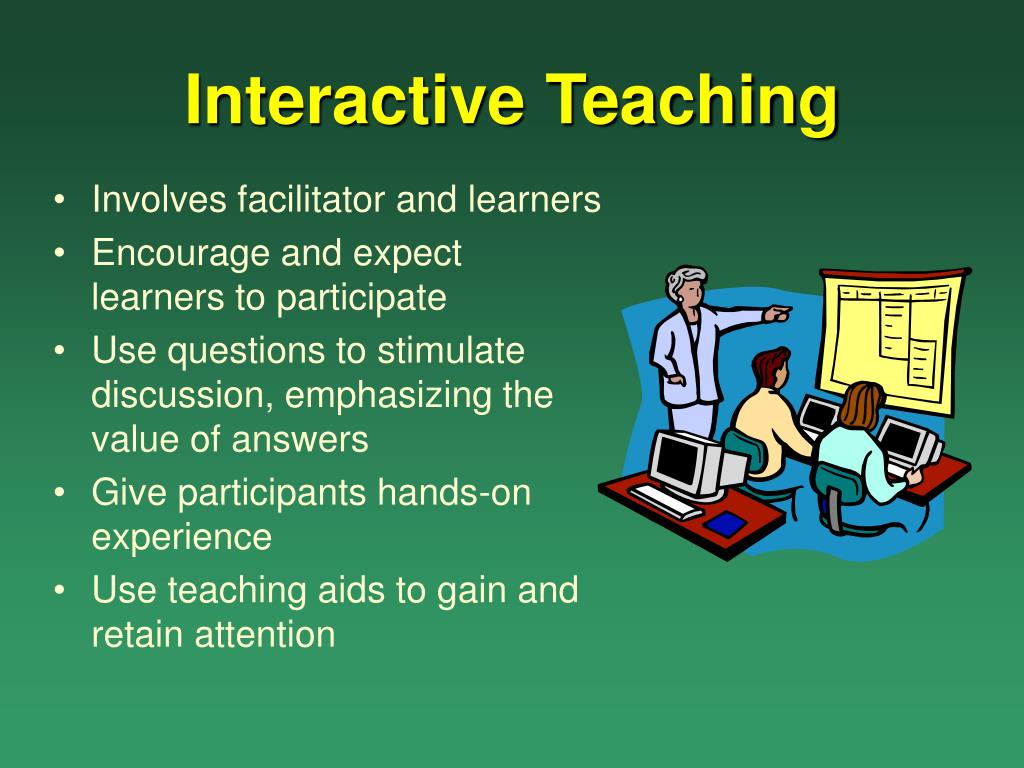
Especially when reading together, there’s no need to rush! We recommend taking your sweet time. Even if it’s just with one page of a book at a time, slow down and ensure your child is engaged.
Consider these questions:
- Does your child recognize every animal on a page?
- Do they know what color this character’s hair is or whose hair it resembles in your family?
- Do they know what sound a truck makes?
- When you say the word “surprise,” does your child react in a way that conveys understanding (throwing their hands up in exclamation or even clapping)?
Addressing these questions can help you and your child slow down and take in all the details that are in a story.
Keep The Conversation Going
If you like the idea of our last emergent literacy strategy, this one pairs perfectly with it!
We know half of the adventure in helping your child learn to read is figuring out what gaps in their understanding still need to be filled. The other part of the journey is keeping them engaged and interested and seeing how far your conversations with one another can go!
The other part of the journey is keeping them engaged and interested and seeing how far your conversations with one another can go!
As your child expands their vocabulary and begins utilizing it, we encourage you to elaborate on the things they may point out to you. For example, if you’re walking together and they see a dog, they may point at it and say, “puppy!”
In any scenario like this, following up their observation with a cheer is great. Following up with more questions is even better! After affirming they saw the right thing (or correcting them if they mistakenly called it a kitty, for example), ask them about details and descriptions.
You could say, “Does this puppy have long ears? Yes, he does! Feel how soft his ears are. Isn’t his fur shiny, brown, and so soft? What a cute puppy.”
Injecting these details and descriptions into your conversations might feel silly, but it helps your child immensely!
By expanding on the image they identified, you’re directly contributing to their understanding of the scene in front of them.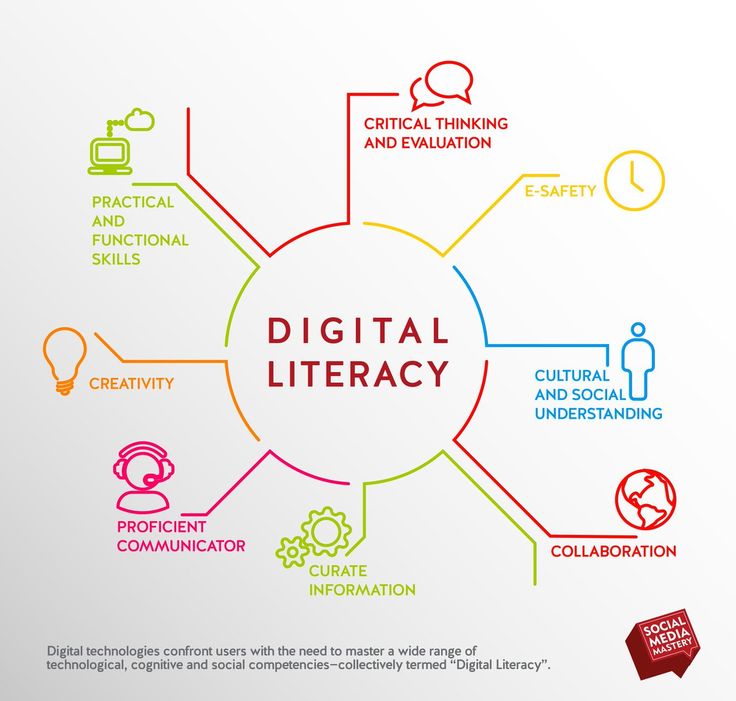 The next time they see a puppy in a park, they may take your lead and say, “Look! A big puppy!”
The next time they see a puppy in a park, they may take your lead and say, “Look! A big puppy!”
This progress shows that your child’s emergent literacy is growing!
Let Your Child “Write”
Emergent literacy incorporates writing as well as reading. This may sound a little crazy — how can your child write if they don’t know how to read yet?
While your child may not be able to correctly write out words, we certainly encourage you to let them try! Even if it’s just scribbling, allowing your child to practice “writing” gets their brain going in the right direction.
It also prepares them for what writing is really like and shows them that they have the power to put words on paper. There are stages of learning how to write, and scribbling is the first step!
Asking for your child’s help with writing out short tasks can boost their confidence and their excitement about learning to write. Good options include grocery lists, birthday cards, get-well-soon cards, thank you notes, or notes for their siblings and family.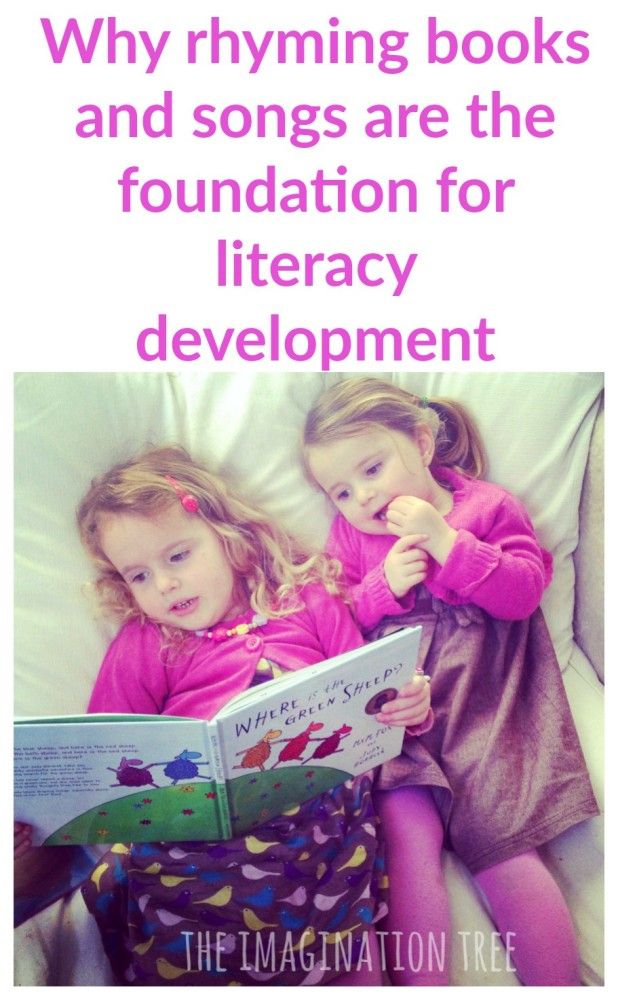
Whatever keeps them excited and engaged is a great vehicle for motivating their writing skills!
Emergent Literacy Is Just The Beginning!
We know that emergent literacy is only the start of your child’s reading and writing journey.
While you and your child are probably thrilled at the idea of their eventual independence and confidence when it comes to handling books, it’s going to take some time. And that’s perfectly OK!
Every child is different and will learn how to read and write in their own time. The important part is enjoying the adventures you have together on the way there!
We hope our emergent literacy tips were helpful! If you ever want to change up your routine and explore new ways to touch on these skills, our Learn & Grow app is a great place to start! The personalized practices will give your child the tools they need for their learning journey.
Author
How scientific literacy of Russians has changed since the 1990s
Trends
TV channel
Pro
Investments
Events
RBC+
New economy
Trends
Real estate
Sport
Style
National projects
City
Crypto
Debating club
Research
Credit ratings
Franchises
Newspaper
Special projects St.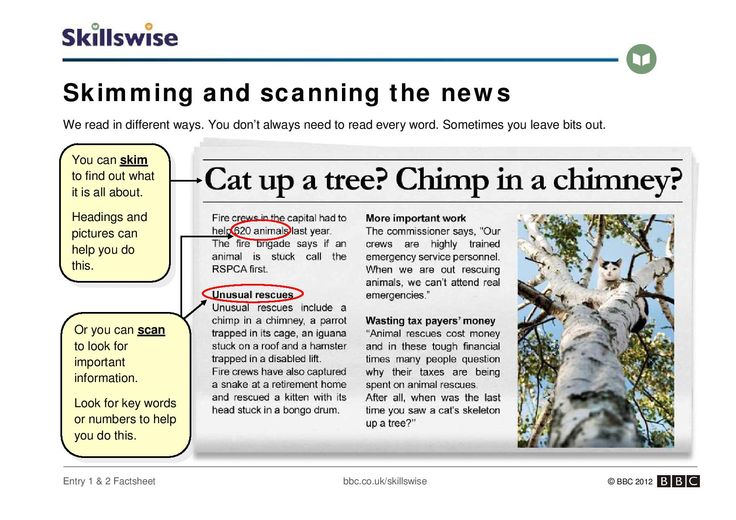 Petersburg
Petersburg
Conferences St. Petersburg
Special projects
Checking counterparties
RBC Library
Podcasts
ESG index
Policy
Economy
Business
Technology and media
Finance
RBC CompanyRBC Life
RBC Trends
Photo: Igor Generalov / TASS
Scientists assessed the level of scientific literacy of Russians by conducting a short test of 11 questions among the respondents, where it was necessary to mark false and true statements. It turned out that from 191996 the level of knowledge has greatly increased
What is happening
- HSE ISSEK analysts have summed up the results of another regular survey of Russians on the subject of their scientific literacy.
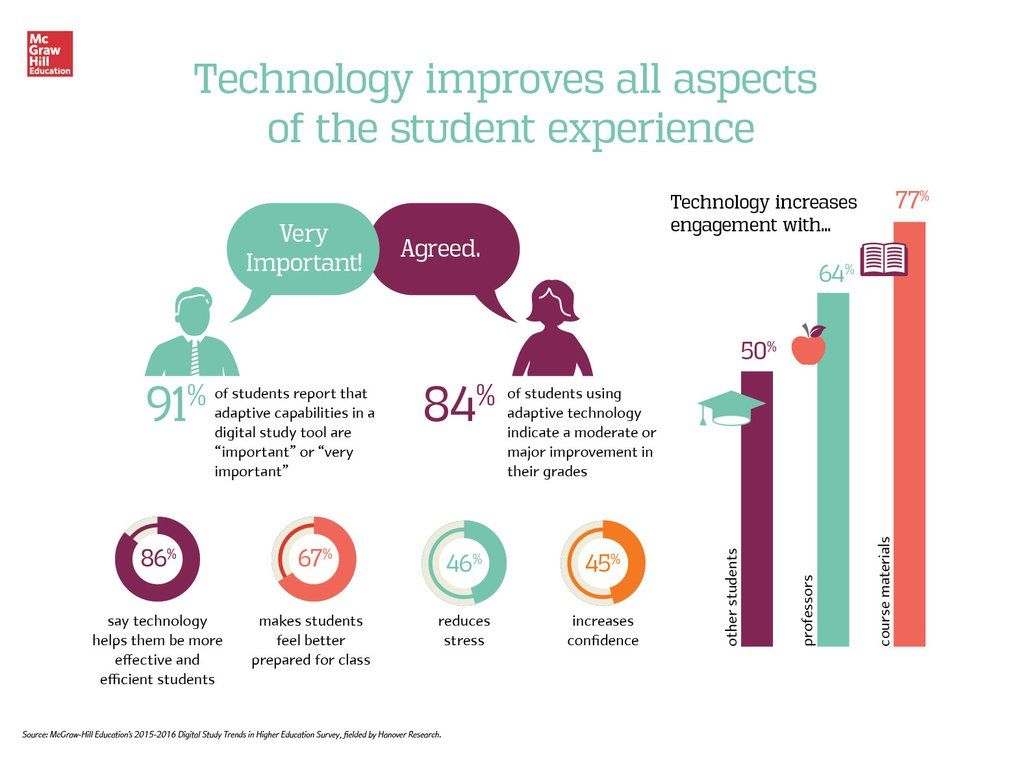 The final data was subsequently compared with the results of the first survey in 1996.
The final data was subsequently compared with the results of the first survey in 1996. - For simple questions - does the Earth revolve around the Sun, does human activity affect climate change, is the center of the Earth hot, is the electron of an atom smaller - the respondents mostly answered correctly. Correct were 70–93% responses.
- In the case of specialized and discussion questions, there are fewer correct answers. Thus, 51% of respondents answered that in psychology it is possible to conduct a scientific experiment, as in physics (which is the correct answer). 30% believe the opposite, and 19% found it difficult to answer.
- Mistakes are common in matters relating to human health: vaccination, radiation, GMOs. Thus, 30% consider the statement "Vaccinations much more often lead to retardation in the development of children than scientists and doctors say" to be true. 22% found it difficult to answer this question.
- According to the results of 2020, 14% of respondents were with a low level of scientific literacy (less than 5 correct answers out of 11), 61% - medium (5 - 8 correct answers) and 25% - high (more than 8 correct answers).
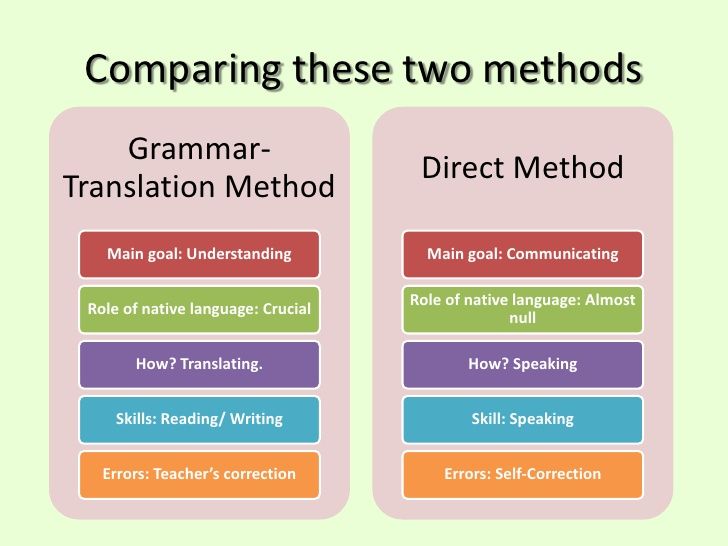
- In the 1996 study, only the first 5 of 11 questions were repeated: then the percentage of correct answers to them was 13–48%, but now it is 41–83%.
- Scientific literacy is related to the level of education and the type of locality where the respondent lives. Yes, 39% of respondents with higher education have a high level of scientific literacy, those with secondary education and below — 16% and 15%, respectively. Among respondents from regional centers - 33%, from villages - 16% and from urban settlements - 14%.
- The figures for men and women also differ: a high level of scientific literacy among men was 28% (34% in large cities), among women - 23% (27% in large cities).
What does it mean
In Russia, not only the level of scientific literacy is growing, but also digital and financial. According to NAFI, in 2020 the share of Russians with a basic level of digital literacy was 70%. This is 4 p.p. higher than in 2019year. At the same time, the advanced level of digital competencies has not changed.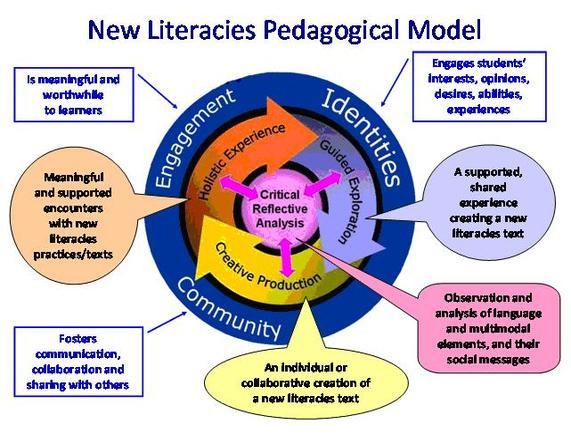 In both 2019 and 2020, it was 27%.
In both 2019 and 2020, it was 27%.
In terms of financial literacy, between 2018 and 2022, the proportion of people with a low level of it decreased from 44% to 29%. In addition, 82% of Russians in 2022 began to more closely monitor the state of their finances, although in 2018 this figure was 70%.
At the same time, the level of legal literacy of the population has decreased. If in 2018 the legal literacy index was 54 p.p. out of 100, then in 2020 - 47 p.p. There are also fewer people who want to learn about their rights and their protection - their number has decreased from 65% to 48%.
Updated on 06/24/2022
Text
Anna Arbuzova
Top of the trend
Related materials
Literacy for Life - Nauka - Kommersant
Distance learning has raised many questions, one of the most important among them: how did the change in the educational environment affect functional literacy.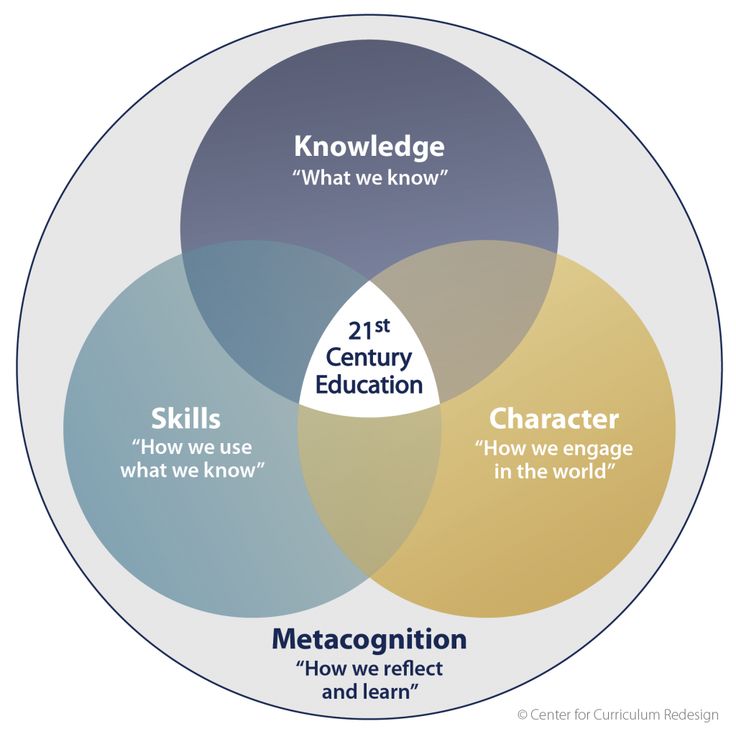 Experts debate whether telecommuting gave a new chance to develop versatile skills or worsened the situation. But we agree that the future depends on what attention will be paid to the development of functional literacy not only for children, but also for teachers.
Experts debate whether telecommuting gave a new chance to develop versatile skills or worsened the situation. But we agree that the future depends on what attention will be paid to the development of functional literacy not only for children, but also for teachers.
Primary illiteracy causes functional illiteracy
Photo: Zotov Alexey, Kommersant/Buy photo
Primary illiteracy determines the illiteracy functional
Photos: Zotov Alexey, Kommersant/Buy Photo
Learn to live
“In everyday life, they are frequent in everyday life. primary literacy - the ability to read, write and count - with functional literacy, that is, the ability to use writing, reading and counting in life and professional activities, which involves the ability to understand not only simple, but also complex texts and act according to complex instructions, ”explains Mariana Bezrukikh, Professor, Academician of the Russian Academy of Education, Chief Researcher at the Institute of Developmental Physiology.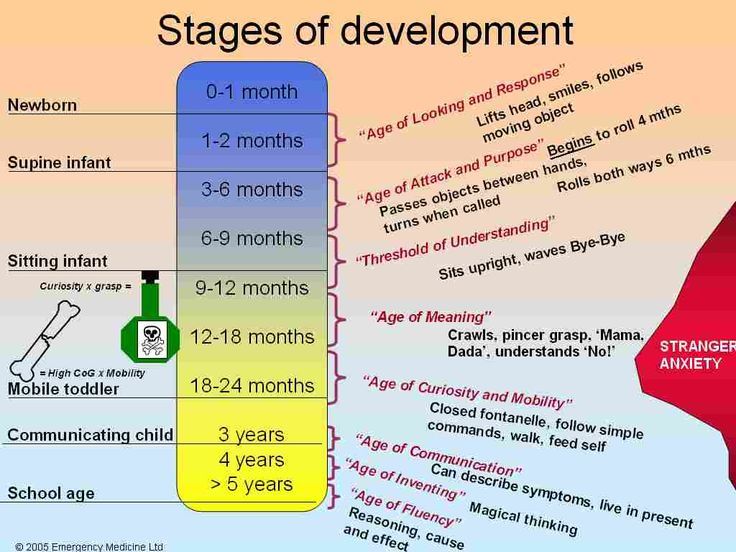
Functional literacy helps children apply the knowledge and skills learned in school to life and can serve as a guarantee of their social success. It is she who allows a person “to exist normally in the world of people, to understand what is happening, not to be deceived, to make reasonable and informed decisions,” believes Irina Lukyanova, a journalist, writer, literature teacher at the Moscow Intellectual school. And according to Maryana Bezrukikh, functional literacy "determines the future of each person, his ability to learn, master a profession and improve in it, retrain and improve skills." This is his ability to live in a high-tech society, the expert emphasizes.
Functional literacy skills are growing in importance as the digital environment evolves. “As a teacher of literature, I deal mainly with reading literacy. And this is not just the ability to read, but also the ability to understand the text read, to see the main and the secondary in it, to compare different sources, analyze the information received and draw conclusions,” continues Irina Lukyanova. “All this is necessary for life in a digital environment, where, despite on the ever-increasing role of video and audio content, textual content prevails.
“All this is necessary for life in a digital environment, where, despite on the ever-increasing role of video and audio content, textual content prevails.
What is functional literacy
According to the classification of the International Program for the Assessment of Educational Achievement of PISA students, the components of functional literacy - reading, science, mathematics, financial literacy, as well as creative thinking and global competencies - are the ability to live in a society of diversity.
“In the new environment, the student is surrounded by complex “new nature” texts that combine images, infographics and text. At school, we still don’t teach how to work with such materials, remaining within the boundaries of linear texts,” complains Anton Skulachev, literature teacher at the Moscow Gymnasium No. 1514, chairman of the Guild of Language Writers. In five years, the world will change even more, so education must provide sustainable ways to navigate it.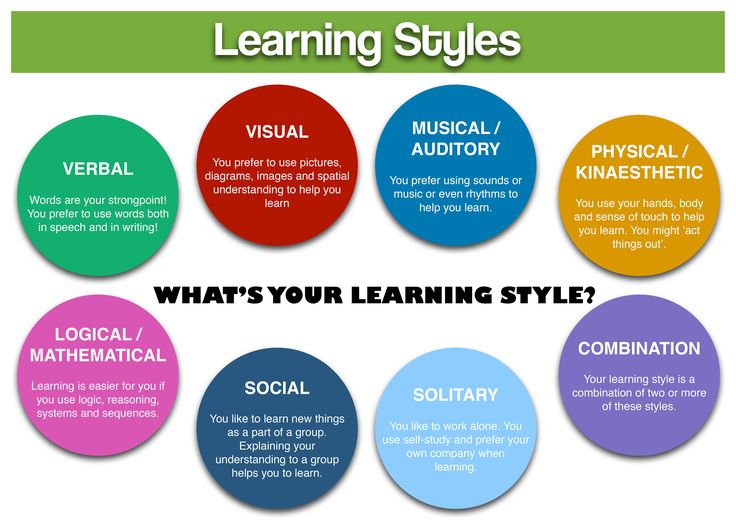 This is what functional literacy is all about.”
This is what functional literacy is all about.”
Technological advances are fundamentally changing conditions around the world and affecting labor markets and labor productivity, according to the World Bank Russia's June report “The Russian Federation. New Skills for the New Century: Regional Politics. Developed cognitive skills, such as complex problem solving, social behavioral skills, such as teamwork, and combinations of skills that predetermine adaptability, such as logical thinking and self-confidence, are becoming increasingly important for participation in the labor market. and expanding employment opportunities, the report says.
Many countries, notes the World Bank, are beginning to improve national education systems and adapt them to teaching these skills. Adaptations require all levels of education, including preschool. Russia ranks in the top 25 countries in the world, as measured by student scores in math, reading, and science—but lags behind in 21st-century skills.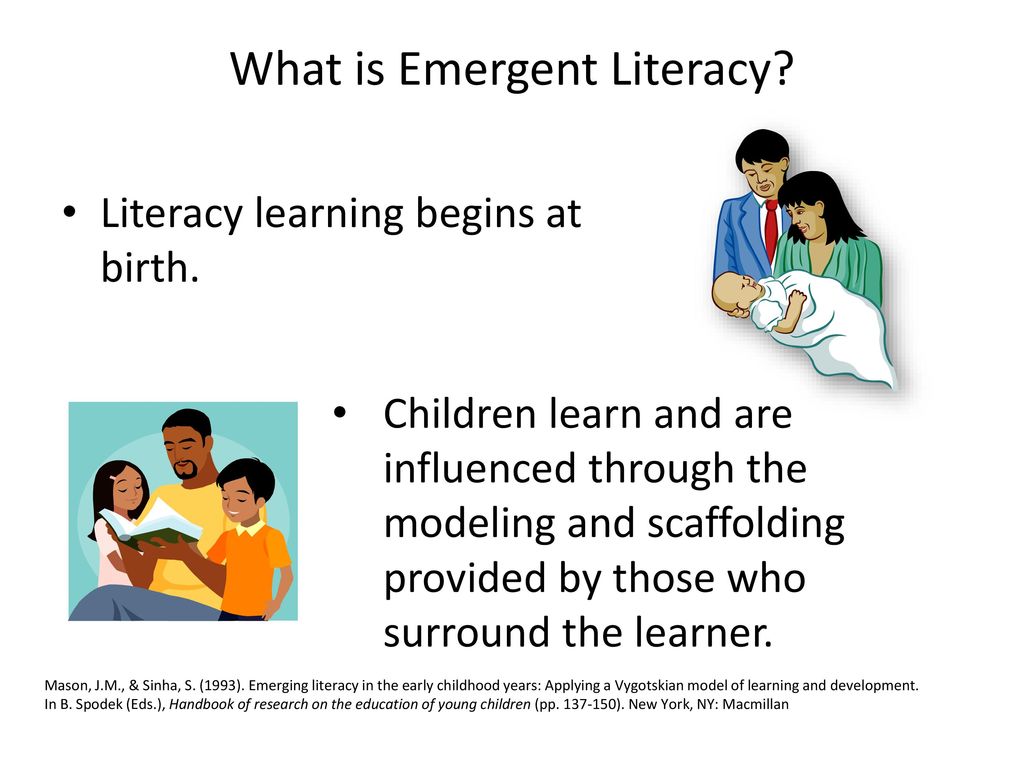 This backlog needs to be addressed - the development of these skills will determine the competitiveness of Russia's future workforce, concludes the World Bank.
This backlog needs to be addressed - the development of these skills will determine the competitiveness of Russia's future workforce, concludes the World Bank.
Distance learning made the problem visible
Experts interviewed by Kommersant-Nauka differ in assessing the impact of distance learning on the formation of functional literacy among Russian schoolchildren.
“It has not yet been possible to estimate the exact impact of the pandemic on a country scale, our early models showed a significant lag, and current research in other countries confirms a significant loss of knowledge by students,” states Tigran Shmis, Head of Education Projects, Senior Education Specialist at the World Bank . But some studies have shown, he reports, that between 2019and 2021, the loss of sixth-graders in education amounted to about a year, and the gap between socio-economic groups also widened significantly. In addition, the current pandemic-related restrictions prevent teachers from fully returning to innovative teaching.
Distance learning has not fundamentally changed anything, but it has made a long-standing problem visible, Maryana Bezrukikh believes. According to her observations, in Russia over the past 20 years, among children finishing primary school, 40–60% may have undeveloped writing skills. “The situation of distance learning due to a number of limitations and risk factors can complicate the process of developing writing, reading and numeracy skills. This can increase the number of children with primary illiteracy,” suggests Maryana Bezrukikh and reminds us that primary illiteracy is the cause of functional illiteracy.
Task example
Choose five online sources, identify the three most reliable, and turn one of them into an infographic that will tell your friends about the importance of this issue.
Director of the Institute for Education Development at the Higher School of Economics Irina Abankina believes that distance learning has given a "positive impetus" to increasing students' independence both in their handling of the technologically saturated information environment and in the development of communication skills.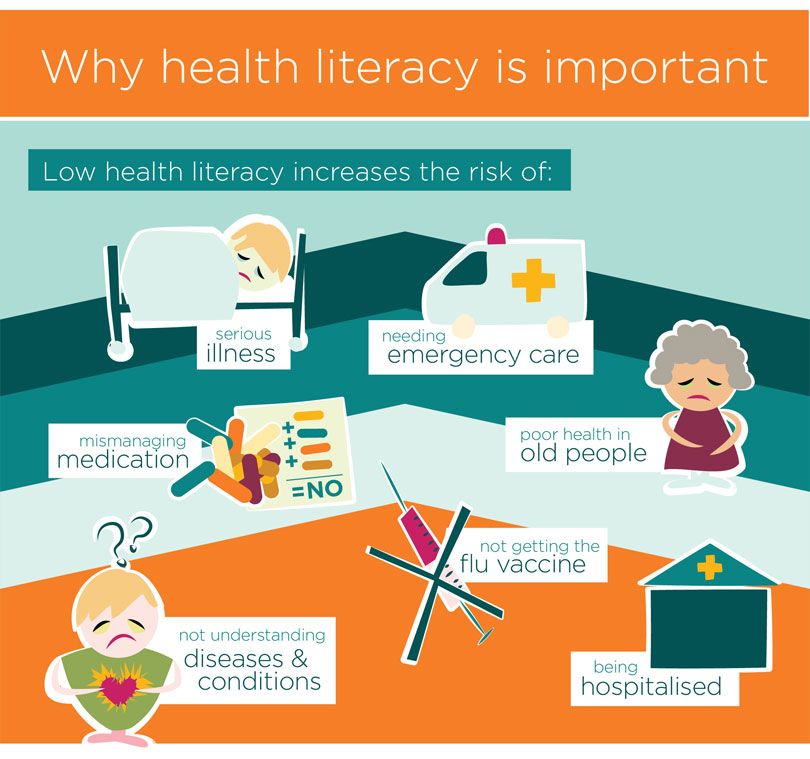 Two-thirds of Russian schoolchildren were able to develop the skills of independent search and analysis of information on the Internet, which increased their computer literacy.
Two-thirds of Russian schoolchildren were able to develop the skills of independent search and analysis of information on the Internet, which increased their computer literacy.
According to Irina Abankina, talented schoolchildren (about 15%) and children with disabilities (about 15–20%) benefited from distance learning. Both were able to adjust the pace of learning. Talented freed up time from routine activities, and children with disabilities were able to work in a convenient mode, watching and listening to lessons several times, with the help of the family.
Irina Lukyanova also speaks about the increase in independent work of students during distance learning and the increased load on the skills and abilities associated with functional literacy, but she believes that this happened due to a decrease in communication with teachers. “Something they had to get on their own: someone did it better, someone worse, someone really bad, because the teacher still has to be a guide through the world in which the child is not yet very oriented,” — analyzes Irina Lukyanova.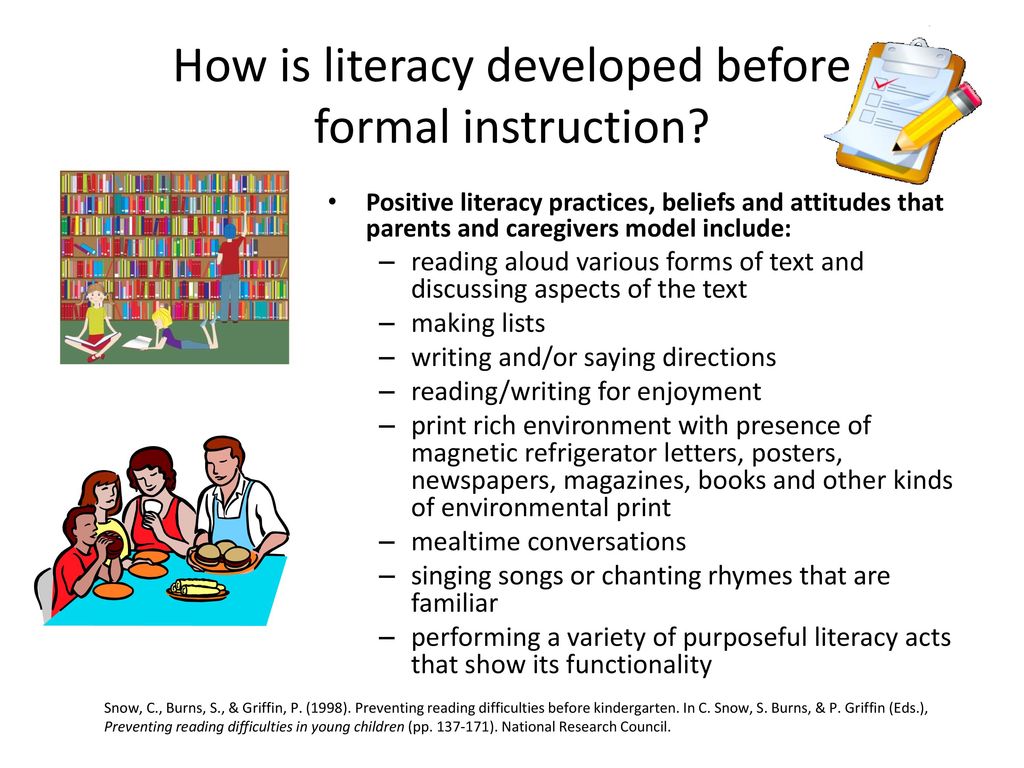
Anton Skulachev looks at the problem differently. In his opinion, distance learning made it possible to strengthen subjectivity in education and work with universal skills, but schools did not take advantage of the chance. Anton Skulachev offers to give schoolchildren the opportunity to learn how to work independently with different types of texts and information.
“God himself ordered to work with this at a distance, when you can dig on the Internet and work with sources. But, unfortunately, other paths were chosen at different levels,” Anton Skulachev complains and adds: “There is no public demand for functional literacy yet. There is a request for the passage of topics, and not for the formation of skills, and functional literacy is about skills.”
Functionally literate teacher
In the list of inputs that the World Bank bases its 21st century skills research on schoolchildren on, there are three factors: the quality of teaching, the quality of the learning environment, and student attitudes towards learning, explains Tigran Shmis: “The teacher and his approaches remain the most significant , while when teachers use modern learning styles, the importance of technology factors and comfortable furniture, that is, the educational environment, also increases.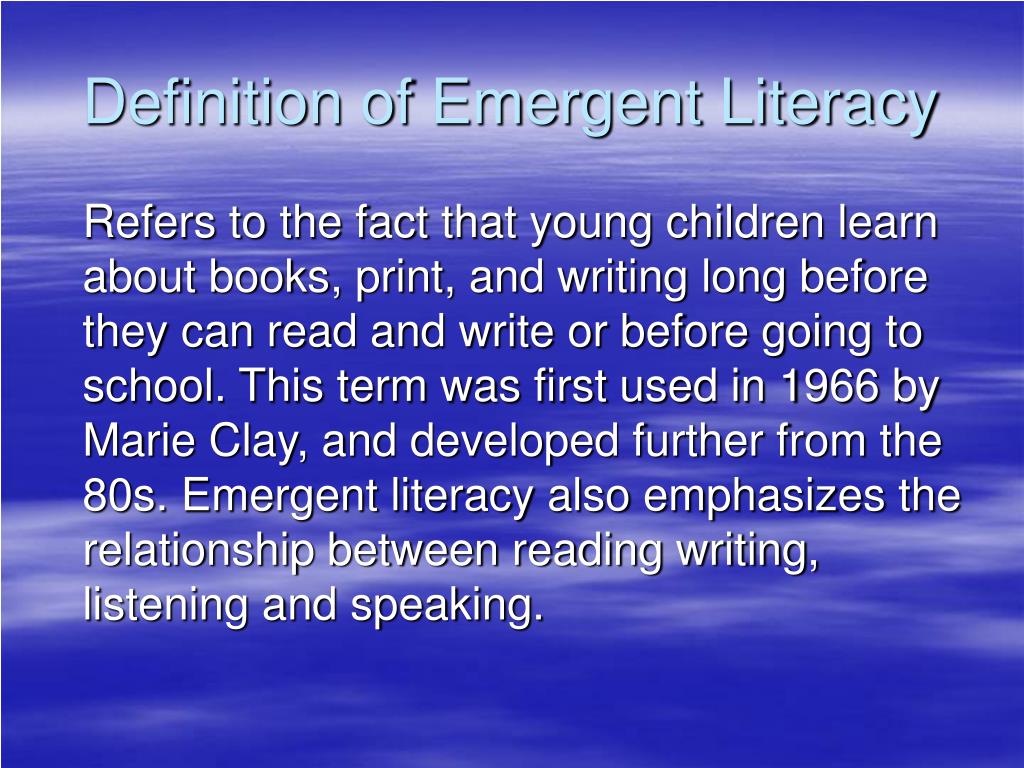 Students who learn from teachers who use modern learning styles (group work, team learning) perform significantly better, according to the International Comparative Monitoring Study on the Quality of Mathematics and Science Education 2019of the year. The difference reaches 20-30 points, which is approximately one year of study.
Students who learn from teachers who use modern learning styles (group work, team learning) perform significantly better, according to the International Comparative Monitoring Study on the Quality of Mathematics and Science Education 2019of the year. The difference reaches 20-30 points, which is approximately one year of study.
In the fall of 2020, Yandex surveyed more than 100,000 Russian teachers to assess their ability to develop functional literacy among students. Tests for teachers were developed jointly with Moscow State Pedagogical University and consisted of practical cases related to the work of school teachers. The results were published on the portal of the Yandex Educational Initiative under the title "Competencies of Russian teachers: digital literacy, soft skills and the ability to develop functional literacy."
It turned out that the level of teachers' skills related to different components of functional literacy is not uniform. Best of all, teachers know how to develop financial literacy among students: 90% scored more than half of the points.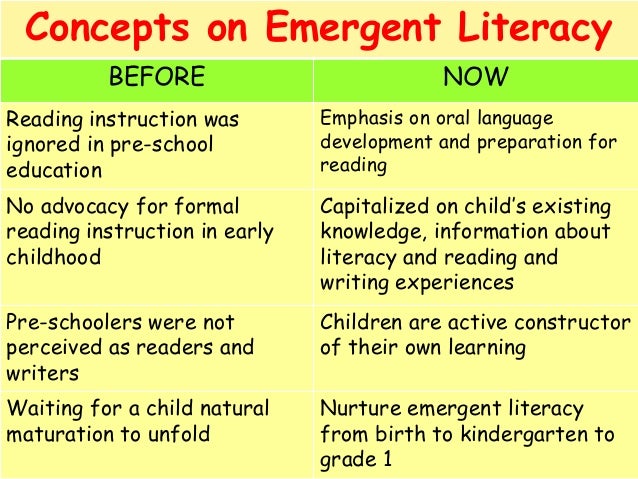 Following are science literacy (88%), mathematical (85%) and reading (83%) literacy. The greatest difficulties for teachers are the formation of creative thinking: about 80% of the survey participants were able to score more than half of the points. The study also showed the dependence of the ability to form functional literacy in children on the experience of the teacher: the higher the experience, the better the result. The highest results are among teachers who have worked at the school from 21 to 30 years.
Following are science literacy (88%), mathematical (85%) and reading (83%) literacy. The greatest difficulties for teachers are the formation of creative thinking: about 80% of the survey participants were able to score more than half of the points. The study also showed the dependence of the ability to form functional literacy in children on the experience of the teacher: the higher the experience, the better the result. The highest results are among teachers who have worked at the school from 21 to 30 years.
Maryana Bezrukikh also pays attention to the level of qualification, which demonstrates the functional literacy of a teacher, which is expressed in understanding the objectives of teaching and knowledge of the mechanisms and technologies of the educational process: “I work with teachers who have different experience and work experience. There are wonderful teachers who do not need to be convinced of the importance of developing functional literacy, they are perfectly able to do this, but, unfortunately, there are not many of them.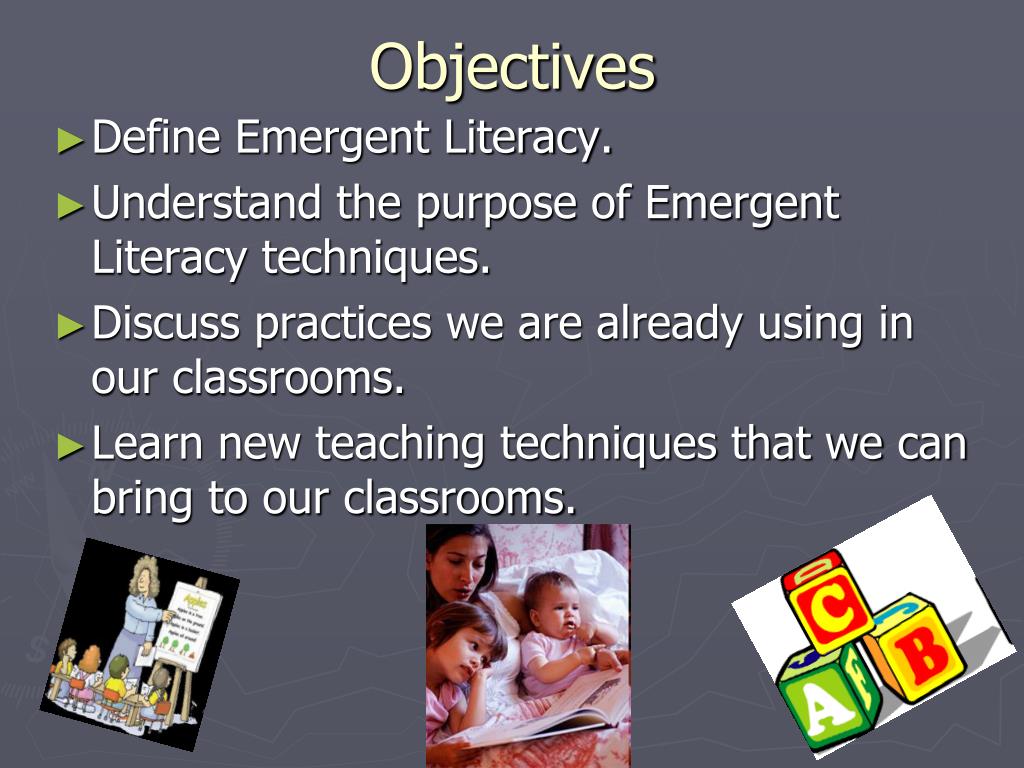 For a student to become functionally literate, all teachers must be functionally literate.” The teacher, she continues, must first of all be able to teach the child to read, write and count, that is, to form the basis for functional literacy. And after that, teach them to express their thoughts and explain how to work with the text - to understand and analyze it. “We have very little such work during all the years of study, it should be not only in the lessons of language and literature, but in all subjects,” she believes.
For a student to become functionally literate, all teachers must be functionally literate.” The teacher, she continues, must first of all be able to teach the child to read, write and count, that is, to form the basis for functional literacy. And after that, teach them to express their thoughts and explain how to work with the text - to understand and analyze it. “We have very little such work during all the years of study, it should be not only in the lessons of language and literature, but in all subjects,” she believes.
Anton Skulachev also emphasizes the importance of horizontal professional interaction: if a teacher is in a supportive network of horizontal connections with colleagues, if he can conduct joint lessons with them (literature and history, biology and Russian), he feels reliable support. Such interaction allows and provides for the variability of classes. A functionally competent teacher, according to Anton Skulachev, is a free teacher, ready to include different material in the usual structure and change the logic of the course and program.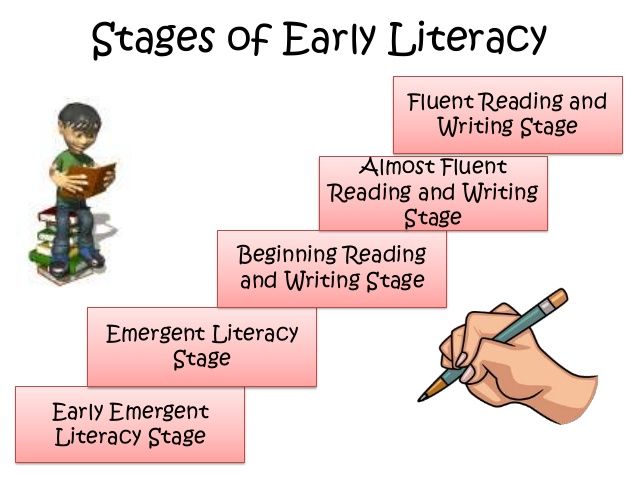 Such a teacher is constantly in search of teaching methods, for him questions are more valuable than answers.
Such a teacher is constantly in search of teaching methods, for him questions are more valuable than answers.
Forced literacy
Distance learning really helped to intensify horizontal connections and exchange of experience between teachers (“Kommersant-Nauka”, November 2020 issue, “Horizontal response to coronavirus”). The forced transition to distance learning at least changed the motivation of teachers to master computer literacy, Irina Abankina points out: “Before the pandemic, on the instructions of the Ministry of Education and Science, we conducted a survey of digital literacy of teachers, it showed that less than a quarter of them were motivated to master digital competencies, tried to save paper journals along with electronic, opposed the introduction of digital textbooks. There was a lot of resistance." The transition to distance learning has changed the motivation of teachers: a survey of teachers during the pandemic showed that many of them were absolutely open to mastering these skills, there was no resistance as such. This is a huge step forward, the expert emphasizes.
This is a huge step forward, the expert emphasizes.
In a broader sense, the methodological experience of organizing learning, gained during distance learning, should be reflected in educational standards, Irina Abankina believes: this should be recorded in academic freedoms. “Both school teachers and university teachers should have freedom in choosing the means and methods of teaching, in determining the content of classes. There should be much more methods, types of classes, the possibility of choosing literature than it is written in the standards now,” she is sure.
How is functional literacy tested?
Imagine that three American schoolchildren - Anna, Christopher and Sam - are sitting in a coffee shop. The owner of the coffee shop recently hung an ad on the storefront of the establishment. It says that after April 5, the coffee shop will stop serving cow's milk and will offer a soy substitute instead. The children wonder why the coffee shop stops serving cow's milk.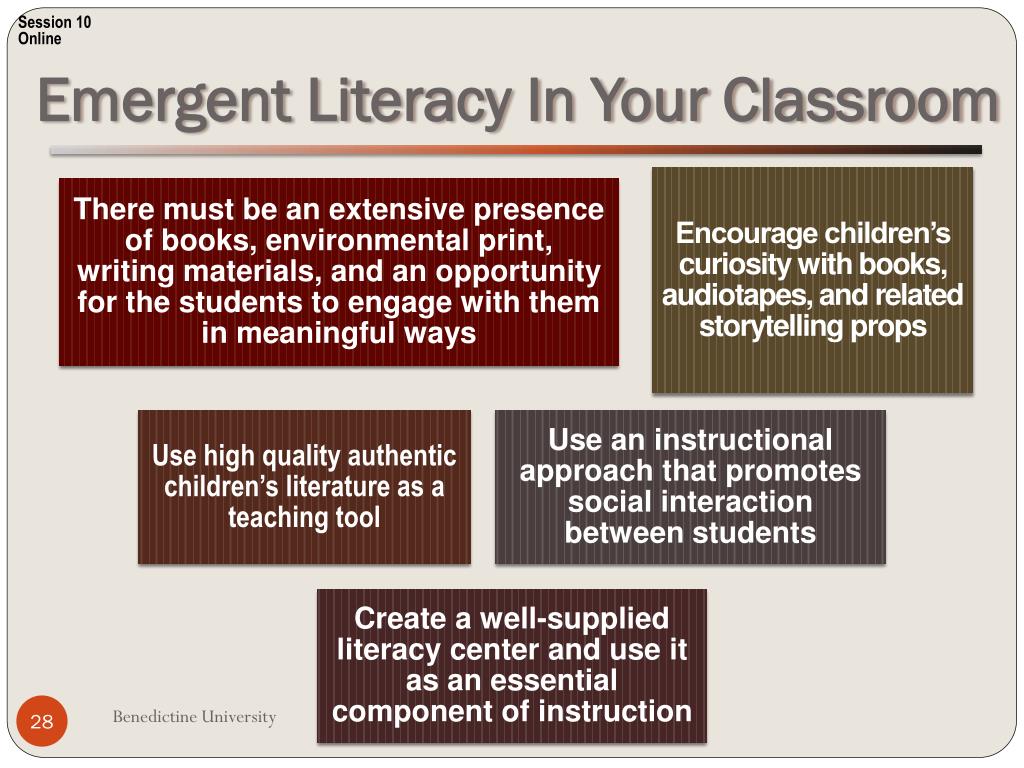 Anna from her smartphone goes online and enters the phrase "cow's milk" in the search. Students review the first search results and discuss them. In one of the texts found, there is a quote from the International Dairy Producers Association. From this quote, they need to understand which of the statements, in the opinion of the association, leading experts and organizations in the field of health care agree. This is the beginning of the functional literacy task that PISA offered to schoolchildren in 2018, published on the official website of the OECD.
Anna from her smartphone goes online and enters the phrase "cow's milk" in the search. Students review the first search results and discuss them. In one of the texts found, there is a quote from the International Dairy Producers Association. From this quote, they need to understand which of the statements, in the opinion of the association, leading experts and organizations in the field of health care agree. This is the beginning of the functional literacy task that PISA offered to schoolchildren in 2018, published on the official website of the OECD.
In order to improve their qualifications in the field of functional literacy, teachers must have resources, financial and temporary, Irina Abankina is sure. First, each educator should be offered financial certificates with funds that they can choose to use for professional development. Secondly, you need to free up time for this. “We did not protect teachers' time for professional development,” complains Irina Abankina.



